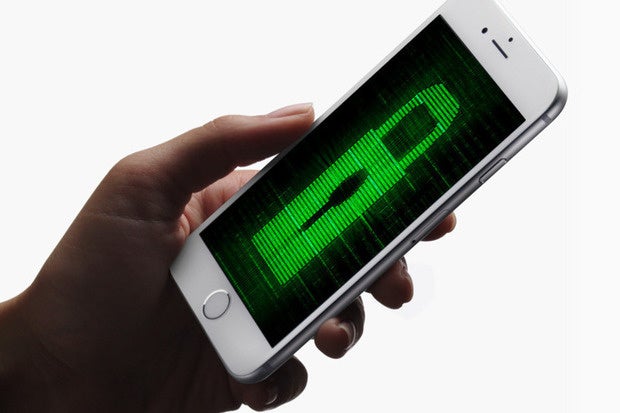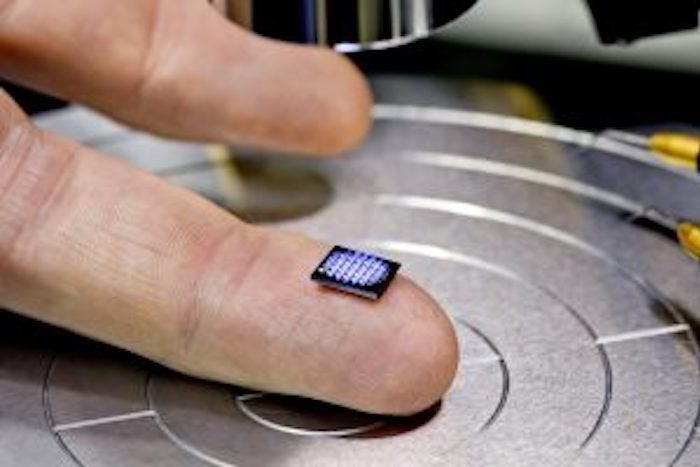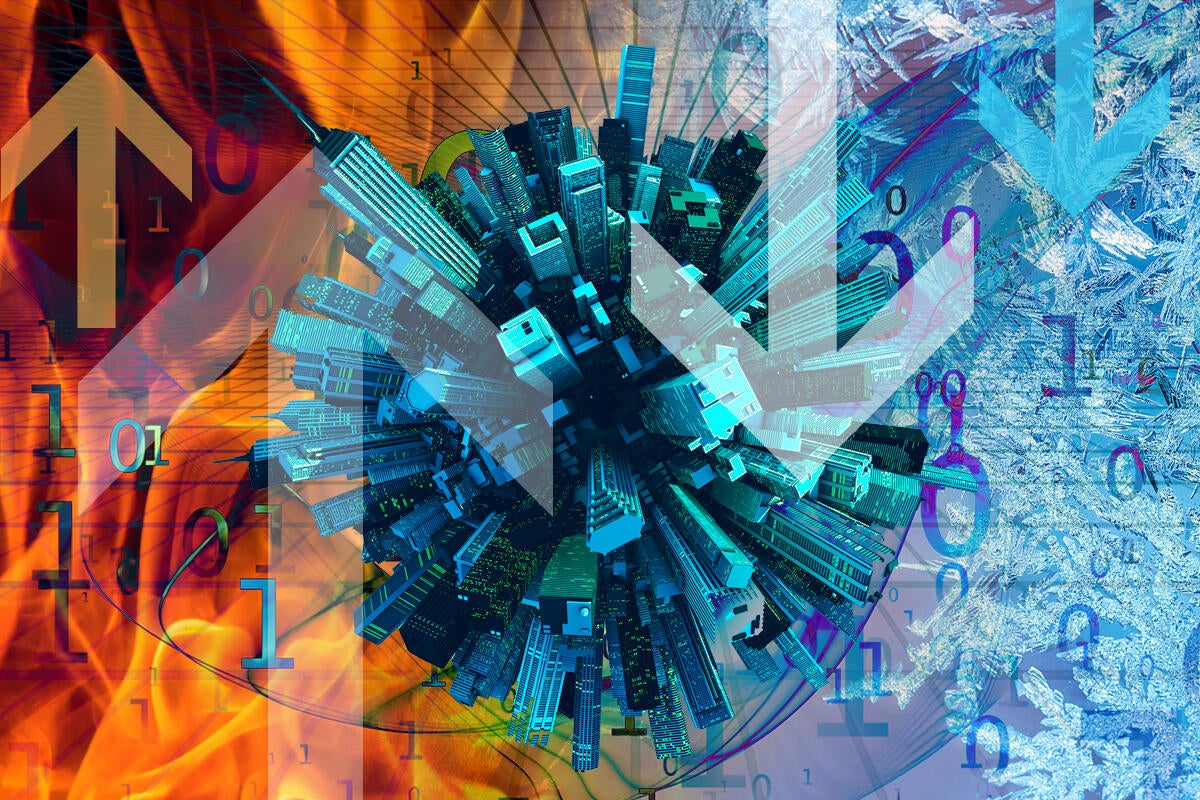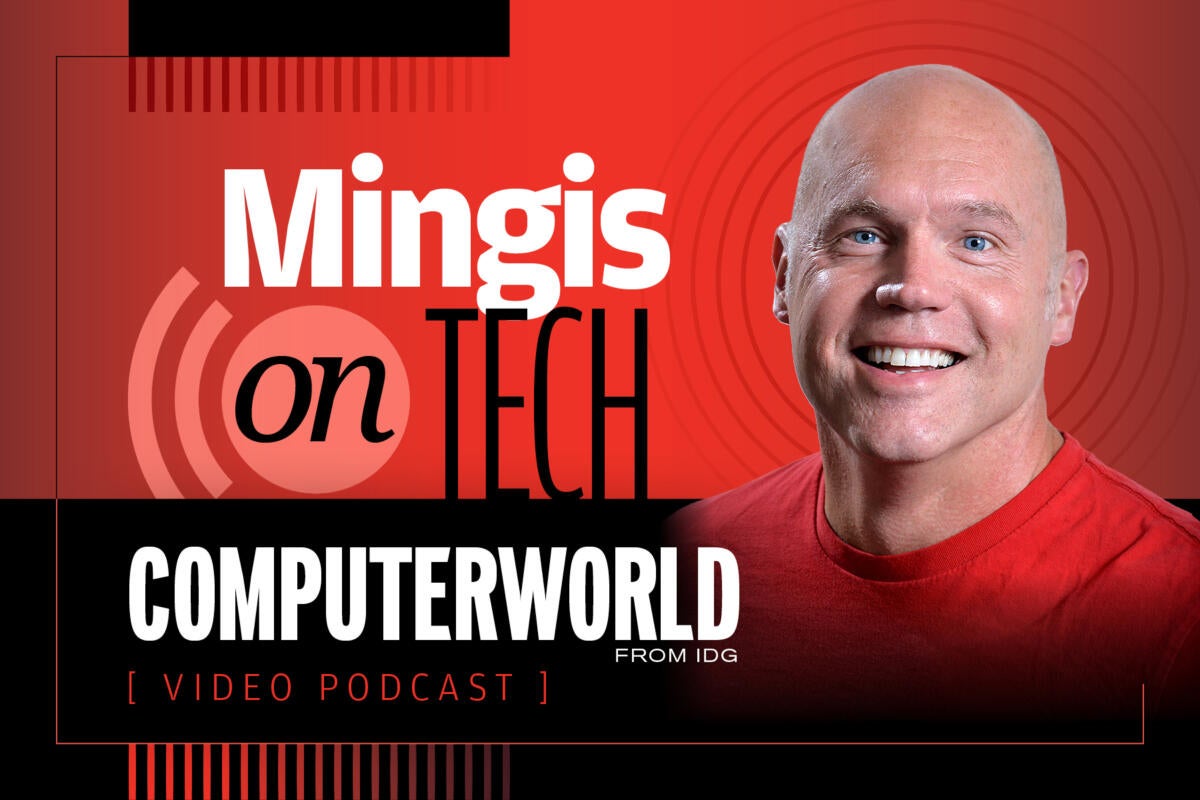Here come the first blockchain smartphones: What you need to know

Credit to Author: Lucas Mearian| Date: Fri, 13 Jul 2018 03:12:00 -0700
After months of speculation, Taiwanese electronics company Huawei Technologies Ltd. (HTC) has confirmed it will be releasing a blockchain-enabled smartphone this year that will allow users to securely store cryptocurrency offline and act as a compute node in a blockchain network.
“We want to double and triple the number of nodes of Ethereum and Bitcoin,” HTC said in its marketing material for the device. The new smartphone is expected to be able to work with multiple blockchain protocols allowing for interoperability between them.
In addition, the HTC Exodus blockchain-enabled smartphone will allow owners to play CryptoKitties, a decentralized app (Dapp) game. Dapps are applications that run across multiple nodes on peer-to-peer (P2P) networks.





